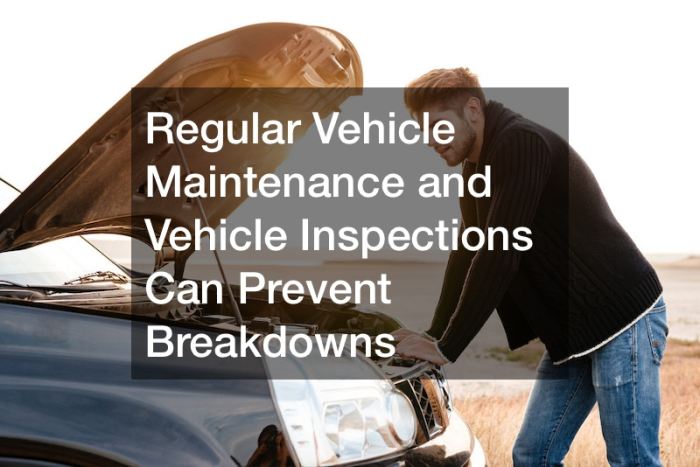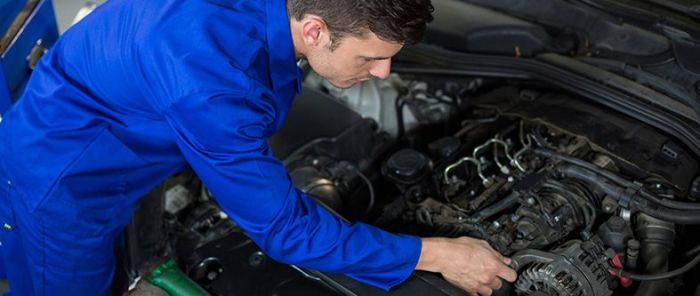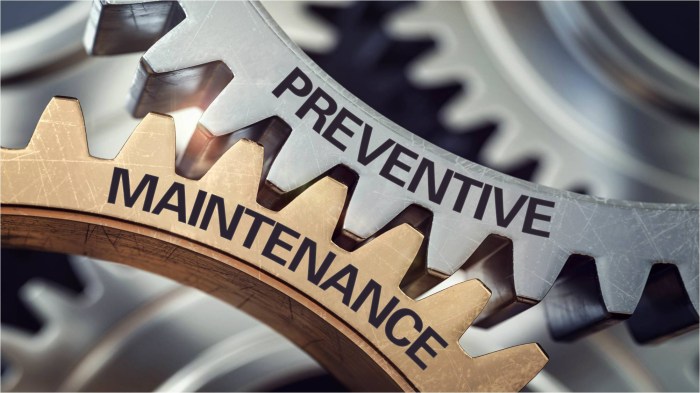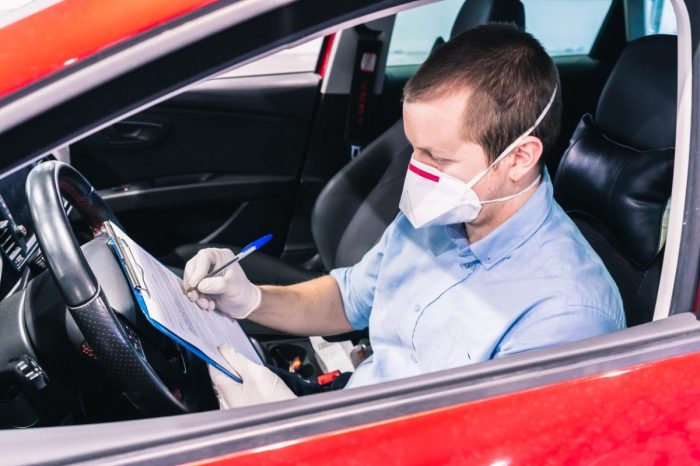Regular vehicle maintenance and vehicle inspections can prevent breakdowns – Regular vehicle maintenance and inspections are crucial for preventing breakdowns, ensuring safety, and extending the lifespan of your vehicle. By adhering to a comprehensive maintenance schedule and performing thorough inspections, you can proactively identify and address potential issues before they escalate into costly repairs or compromise your safety on the road.
Vehicle Inspection Frequency

Regular vehicle inspections are crucial for maintaining optimal vehicle performance and preventing costly breakdowns. The recommended frequency for inspections varies depending on several factors, including:
- Vehicle age:Older vehicles require more frequent inspections due to wear and tear.
- Mileage:Vehicles with high mileage may need more frequent inspections to identify potential issues early on.
- Driving conditions:Vehicles driven in harsh conditions, such as extreme temperatures or off-roading, may require more frequent inspections.
Benefits of Regular Inspections

Regular vehicle inspections offer numerous benefits, including:
- Early detection of problems:Inspections can identify potential issues before they become major breakdowns, saving time and money.
- Improved safety:By addressing potential hazards, inspections help ensure the safety of the vehicle and its occupants.
- Extended vehicle lifespan:Regular maintenance and inspections can extend the lifespan of a vehicle by preventing premature wear and tear.
Components to Inspect: Regular Vehicle Maintenance And Vehicle Inspections Can Prevent Breakdowns

A comprehensive vehicle inspection should include the following components:
- Engine:Inspect for leaks, unusual noises, and proper fluid levels.
- Transmission:Check for slipping, hesitation, or grinding noises.
- Brakes:Inspect pads, rotors, and fluid levels for wear and tear.
- Tires:Check for proper inflation, tread depth, and alignment.
- Lights:Ensure all lights, including headlights, taillights, and turn signals, are functioning correctly.
- Battery:Inspect terminals for corrosion and check battery fluid levels.
- Belts and hoses:Look for cracks, wear, or leaks.
- Filters:Inspect air filter, oil filter, and fuel filter for cleanliness and replace as needed.
Common Maintenance Procedures

Regular maintenance procedures include:
- Oil change:Lubricates engine components and prevents wear.
- Tire rotation:Ensures even tread wear and extends tire lifespan.
- Brake pad replacement:Replaces worn brake pads to maintain optimal braking performance.
- Air filter replacement:Ensures clean air enters the engine for efficient combustion.
- Battery testing:Checks battery health and identifies potential issues.
FAQ
How often should I inspect my vehicle?
Inspections should be performed regularly, with the frequency varying based on factors such as vehicle age, mileage, and driving conditions. Refer to your vehicle’s owner’s manual for specific recommendations.
What are the benefits of regular vehicle inspections?
Regular inspections help identify and prevent potential problems, extend vehicle lifespan, improve safety, and enhance overall driving performance.
What components should I inspect during a vehicle inspection?
Inspect components such as tires, brakes, fluids, lights, belts, hoses, filters, and the battery. Refer to your vehicle’s owner’s manual for a comprehensive list.
Can I perform vehicle maintenance and inspections myself?
Some basic maintenance tasks can be performed independently, but it’s recommended to seek professional assistance for more complex procedures or if you lack the necessary skills and tools.
How can I find a reputable mechanic?
Look for mechanics certified by reputable organizations, read online reviews, and seek recommendations from trusted sources.